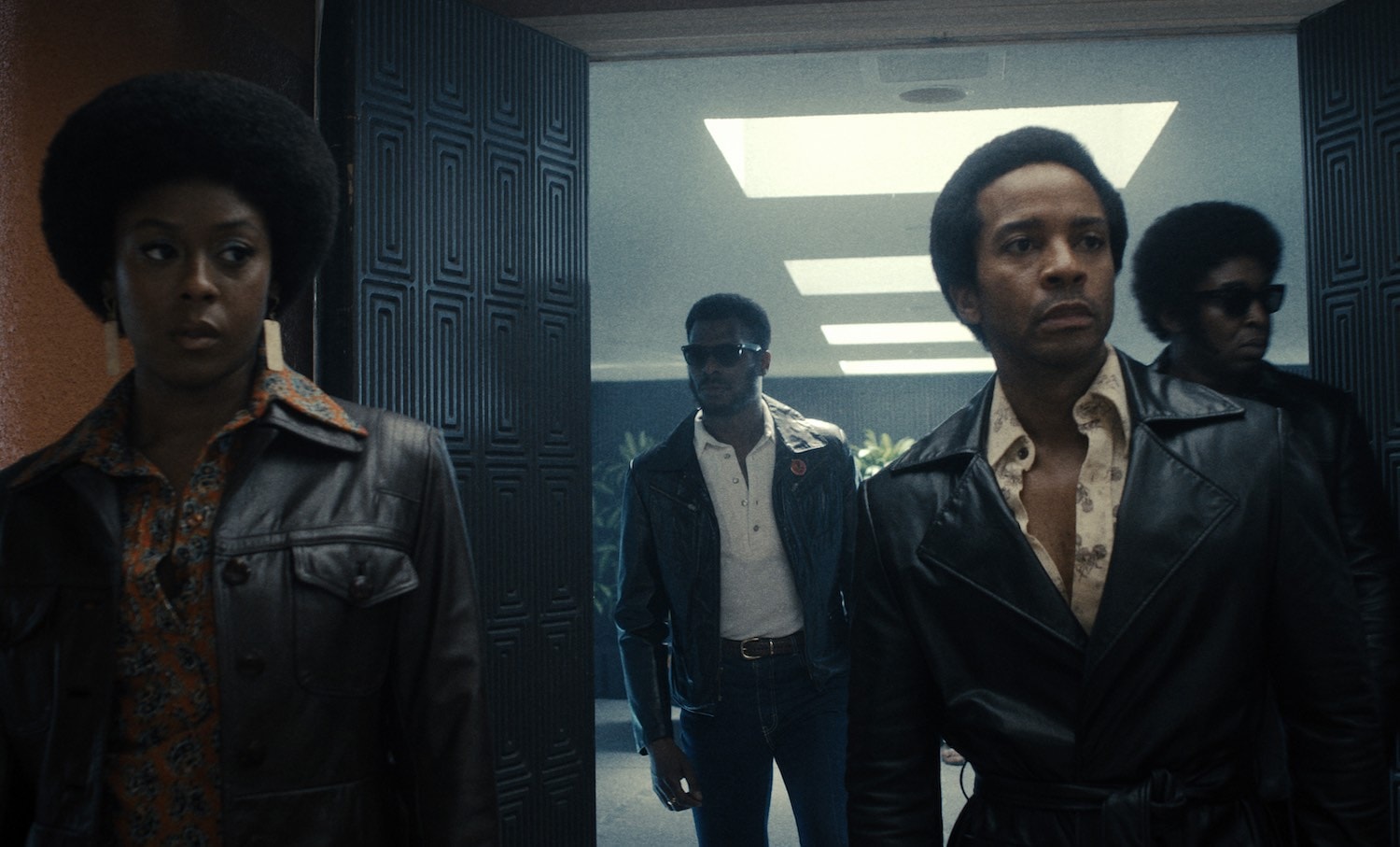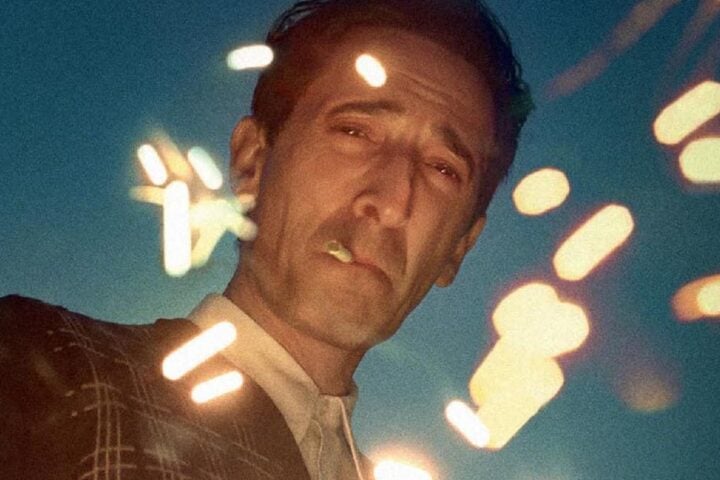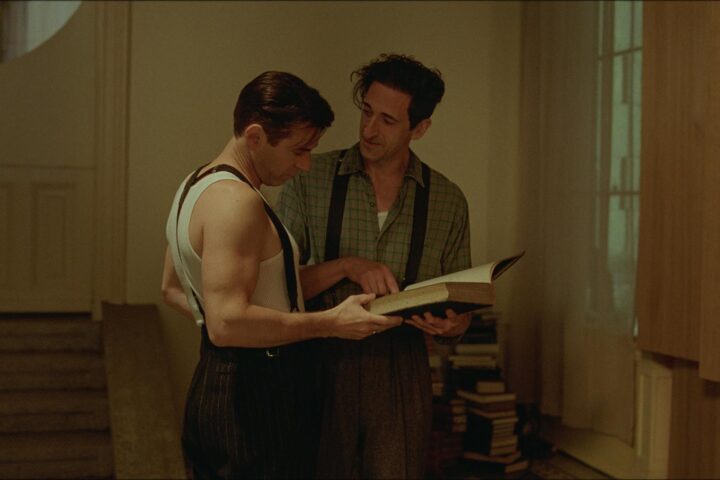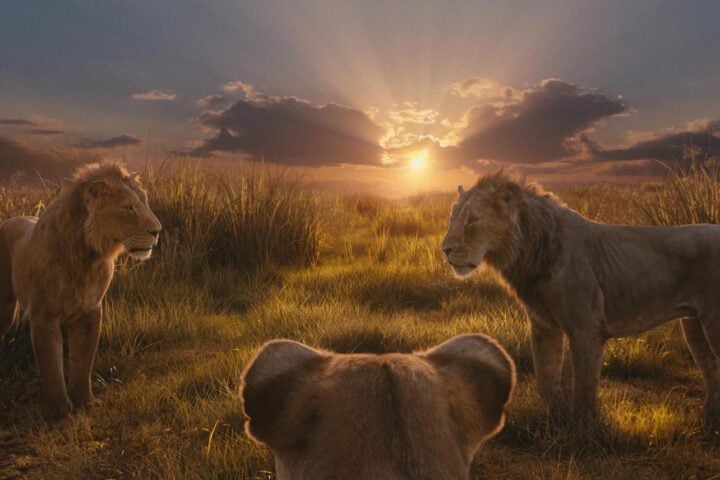Adapted from Joshuah Bearman’s 2012 Playboy article of the same name, The Big Cigar brings another piece of culture writing to mind: New York Times critic James Poniewozik’s “The Comfortable Problem with Mid TV.” The series has some visual panache, a lively soundtrack, a great cast, and an important story to tell. And it makes for a really good thumbnail on the Apple TV+ app. But The Big Cigar lacks the craft and conviction of the “great” shows and films it imitates. It’s good in places, bad in others, but mostly just mid.
The series follows Black Panther Party co-founder Huey P. Newton (André Holland) as he attempts to flee the U.S. before the feds can arrest him on a bogus murder charge. Without many allies to call on, Newton enlists the help of sympathetic, if slightly harebrained, movie producers Bert Schneider (Alessandro Nivola) and Stephen Blauner (P.J. Byrne). Using their Hollywood status as a cover, Bert and Stephen concoct one scheme after another to get Newton to safety, at one point even building a fully functional airplane runaway disguised as a film set.
The Big Cigar shares a lot of its DNA with HBO’s The Sympathizer, a series that Poniewozik cites favorably in his article. Told via their protagonist’s self-admittedly unreliable narration, these 1970s-set shows are metafictional tales about how history gets processed through Hollywood’s mythmaking machine. They’re both driven by rocking period soundtracks, and they both have a tendency to skip back and forth in time like a needle on a warped record.
But that comparison only serves to drive home the degree to which The Big Cigar is a mediocre series dressed up as a great one. Successfully telling a story with a coked-up, madcap energy requires an exacting degree of control that this series doesn’t possess. Its timeline skipping is disorienting, and its attempts to wrongfoot the viewer are cliché and clumsily executed.
At one point, a character stares down the barrel of a gun and we hear a gunshot, only to find out that someone else has been shot. The police close in on our heroes’ location, only to find out that they’ve already left. And when a SWAT teams bursts through the door and shoots everyone to pieces, it’s glibly revealed that it was merely a depiction of how things could have gone.
Whether played for laughs or genuine tension, these fake-outs are always too obvious to be effective. During especially lively sequences, The Big Cigar sometimes carves itself up into a shifting split-screen, but even this just comes off as a kind of useless hyperactivity.
The show’s ping-ponging story structure robs several dramatic moments of their impact. We’re introduced to one of the Panthers’ first recruits, Lil’ Bobby Hutton (Thamela Mpumlwana), during a flashback and are told that the youngster’s death is one that Newton felt responsible for, and that the guilt weighed on him for the rest of his life. And yet, we’re only told about Bobby’s death, and in almost off-hand manner, through Newton’s narration.
Left marooned in the middle of all this noise and motion is Holland. He brings a mixture of gentle sadness and defiant ferocity to Newton, the magnetism befitting an icon but also the frailty of the human being underneath. But as the story whips frantically back and forth in time, it gives Holland very little to do. For most of the main plot, Newton is simply sitting around, complaining as he waits for one of the gang’s escape plans to come to fruition.
“I thought you’d had an epiphany,” Newton’s lover, Gwen Fontaine (Tiffany Boone), says to him at one point late in the series. It’s a telling exchange, because the story unfortunately never provides him with the chance for any such revelation. The series consistently leaves him circling the same frustrations, rehashing the same arguments with Gwen, as well as the same worries about his role in the revolution. Newton was a man hell-bent on driving the world forward, but The Big Cigar spends most of its time running in place.
Since 2001, we've brought you uncompromising, candid takes on the world of film, music, television, video games, theater, and more. Independently owned and operated publications like Slant have been hit hard in recent years, but we’re committed to keeping our content free and accessible—meaning no paywalls or fees.
If you like what we do, please consider subscribing to our Patreon or making a donation.





